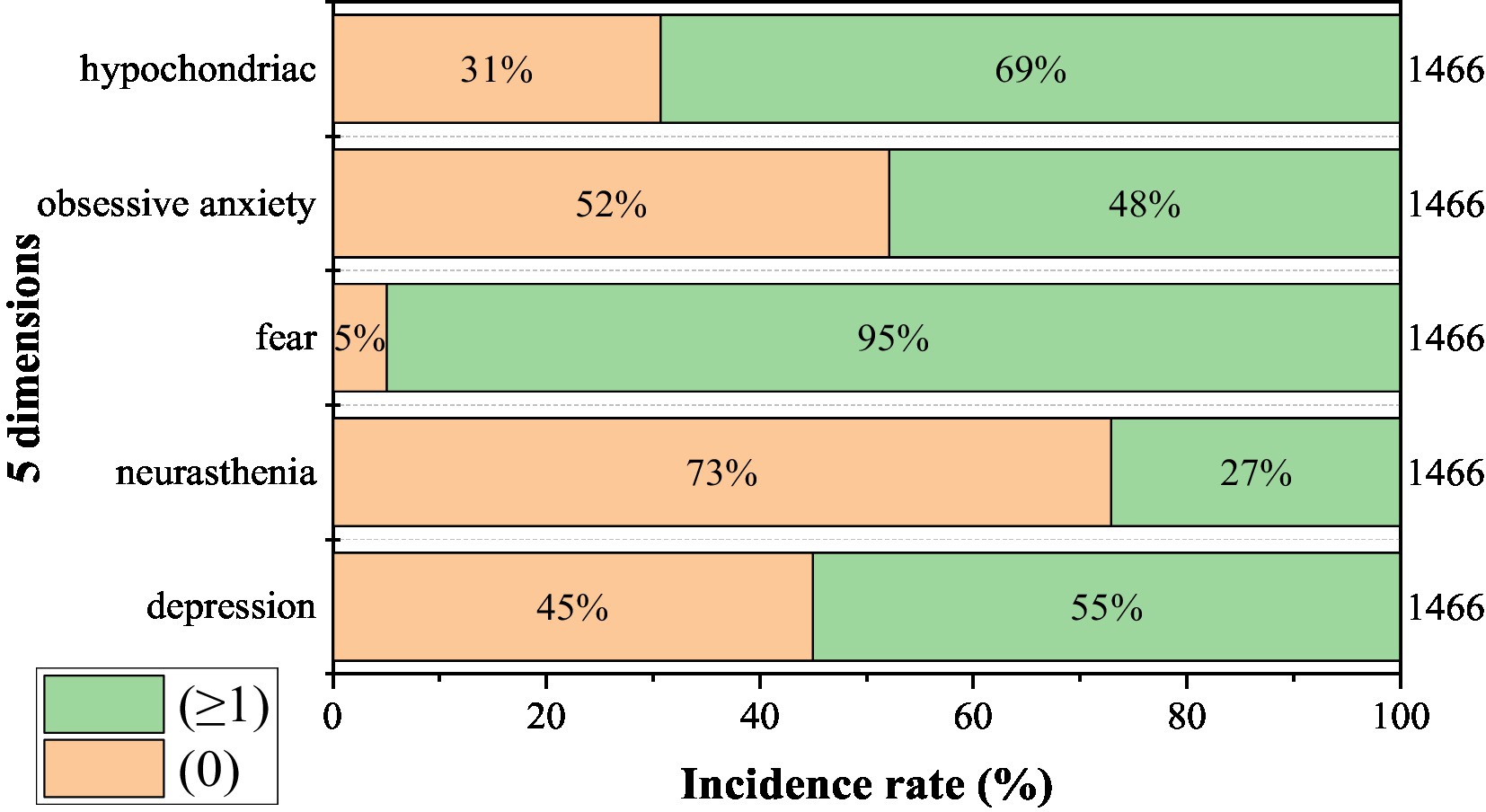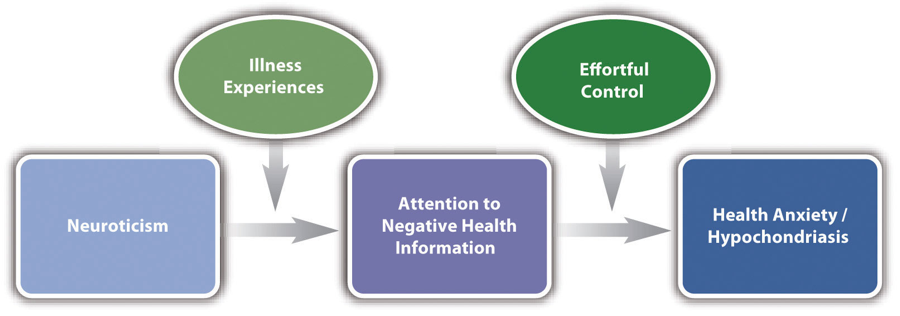Health anxiety, often referred to as hypochondria in its more severe forms, is a condition that affects millions of people worldwide. It is characterized by excessive worry about having or developing a serious illness, despite little or no medical evidence to support such concerns. Individuals with health anxiety may constantly check their bodies for signs of disease, seek reassurance from doctors, or spend hours researching symptoms online. While it might seem harmless at first, this condition can significantly impact one’s quality of life, relationships, and mental well-being.

Understanding Health Anxiety
Health anxiety is not simply being cautious about one’s health. It involves persistent and irrational fears about having a medical condition. These fears are often disproportionate to the actual risk and can persist even after receiving reassurance from healthcare professionals. People with health anxiety may interpret normal bodily sensations, such as a headache or a stomachache, as signs of a severe illness like cancer or heart disease.
Common Symptoms of Health Anxiety
- Frequent checking of the body for signs of illness
- Repeatedly visiting doctors or avoiding them altogether due to fear
- Obsessively researching diseases and symptoms online
- Difficulty concentrating on daily tasks due to preoccupation with health
- Experiencing physical symptoms like rapid heartbeat or sweating when thinking about illness
- Feeling distressed or anxious even after receiving negative test results
Causes of Health Anxiety
The exact cause of health anxiety is not fully understood, but several factors can contribute to its development. Understanding these factors can help individuals and healthcare providers address the root causes more effectively.
Psychological Factors
Individuals who have experienced trauma, abuse, or significant stress in their lives may be more prone to developing health anxiety. For some, focusing on physical health becomes a way to cope with emotional pain or uncertainty. Additionally, those with other mental health conditions, such as depression or generalized anxiety disorder, may also experience heightened levels of health-related fears.
Family History
There appears to be a genetic component to health anxiety. If a close family member has struggled with similar issues, an individual may be more likely to develop the condition. Growing up in an environment where health was frequently discussed or overly emphasized can also play a role.
Past Experiences with Illness
Personal experiences with serious illnesses, either firsthand or through loved ones, can trigger health anxiety. For example, someone who has witnessed a parent battle cancer may become hyper-aware of any potential symptoms in themselves. This heightened awareness can lead to chronic worry and fear.
Impact of Health Anxiety on Daily Life
Living with health anxiety can take a toll on various aspects of life, including relationships, work, and overall well-being. The constant worry and need for reassurance can strain personal connections and make it difficult to focus on responsibilities.
Strained Relationships
Friends and family members may feel overwhelmed by the constant need for reassurance or the frequent discussions about health concerns. Over time, this can lead to frustration and distance in relationships. Loved ones may struggle to understand why the person cannot simply “relax” or trust medical advice.
Workplace Challenges
In professional settings, health anxiety can manifest as frequent absences, difficulty concentrating, or reduced productivity. Some individuals may avoid certain tasks or environments due to fears of exposure to germs or toxins. This can hinder career growth and create financial stress.
Physical Health Consequences
Ironically, the stress caused by health anxiety can negatively affect physical health. Chronic stress weakens the immune system, increases blood pressure, and contributes to sleep disturbances. In some cases, individuals may even develop psychosomatic symptoms—physical symptoms caused or worsened by psychological factors.
Treatment Options for Health Anxiety
Fortunately, there are effective treatments available for managing health anxiety. With the right approach, individuals can learn to reduce their fears and regain control over their lives.
Cognitive Behavioral Therapy
Cognitive behavioral therapy, commonly known as CBT, is one of the most effective treatments for health anxiety. This form of therapy helps individuals identify and challenge distorted thoughts about their health. Through structured sessions, patients learn coping strategies to manage their fears and develop healthier ways of thinking.
Mindfulness and Relaxation Techniques
Mindfulness practices, such as meditation and deep breathing exercises, can help individuals stay grounded in the present moment. These techniques reduce the tendency to ruminate on worst-case scenarios and promote relaxation. Regular practice can improve emotional regulation and decrease anxiety levels.
Medication
In some cases, medication may be prescribed to help manage symptoms of health anxiety. Antidepressants, particularly selective serotonin reuptake inhibitors, have been shown to alleviate anxiety and improve mood. However, medication should always be used under the guidance of a qualified healthcare provider.
Support Groups
Joining a support group can provide valuable encouragement and understanding from others facing similar challenges. Sharing experiences and hearing success stories can inspire hope and motivate individuals to continue working toward recovery.
Self-Help Strategies for Managing Health Anxiety
Beyond professional treatment, there are steps individuals can take on their own to manage health anxiety. These self-help strategies can complement therapy and medication, empowering individuals to take charge of their mental health.
Limit Information Seeking
While it’s natural to want answers, excessive research can fuel health anxiety. Limiting time spent reading about diseases online can prevent unnecessary worry. Instead, rely on trusted sources and consult healthcare professionals for accurate information.
Practice Self-Compassion
Being kind to oneself is crucial when dealing with health anxiety. Acknowledge that it’s okay to feel scared or uncertain and remind yourself that you’re taking steps to address your concerns. Practicing self-compassion reduces feelings of shame and isolation.
Establish Healthy Routines
Creating a balanced routine that includes regular exercise, nutritious meals, and adequate sleep supports both physical and mental health. Physical activity, in particular, releases endorphins that boost mood and reduce anxiety.
Challenge Negative Thoughts
When intrusive thoughts about illness arise, pause and ask yourself if they are based on facts or assumptions. Write down your thoughts and evaluate their validity. Over time, this practice can weaken the power of irrational fears.
When to Seek Professional Help
Recognizing when to seek professional help is an important step in addressing health anxiety. If fears about illness are interfering with daily life, causing significant distress, or persisting despite reassurance, it may be time to consult a mental health professional. Early intervention can prevent the condition from worsening and improve long-term outcomes.
Signs That Professional Help Is Needed
- Constantly seeking medical tests or second opinions
- Avoiding social activities or work due to health fears
- Experiencing panic attacks related to health concerns
- Feeling unable to function without reassurance from others
- Spending hours each day researching symptoms or diseases
Building Resilience Against Health Anxiety
Developing resilience is key to overcoming health anxiety. By cultivating a positive mindset and adopting healthy habits, individuals can build the strength needed to face their fears head-on.
Focus on What You Can Control
Rather than fixating on hypothetical scenarios, focus on actions within your control. Eating well, staying active, and maintaining open communication with healthcare providers are practical steps that promote wellness.
Set Realistic Goals
Break down larger goals into smaller, manageable steps. Celebrate progress along the way, no matter how small. This approach fosters a sense of accomplishment and reinforces confidence in your ability to overcome challenges.
Surround Yourself with Positivity
Spend time with supportive friends and family members who uplift and encourage you. Engage in hobbies and activities that bring joy and fulfillment. Surrounding yourself with positivity creates a buffer against negativity and fear.





